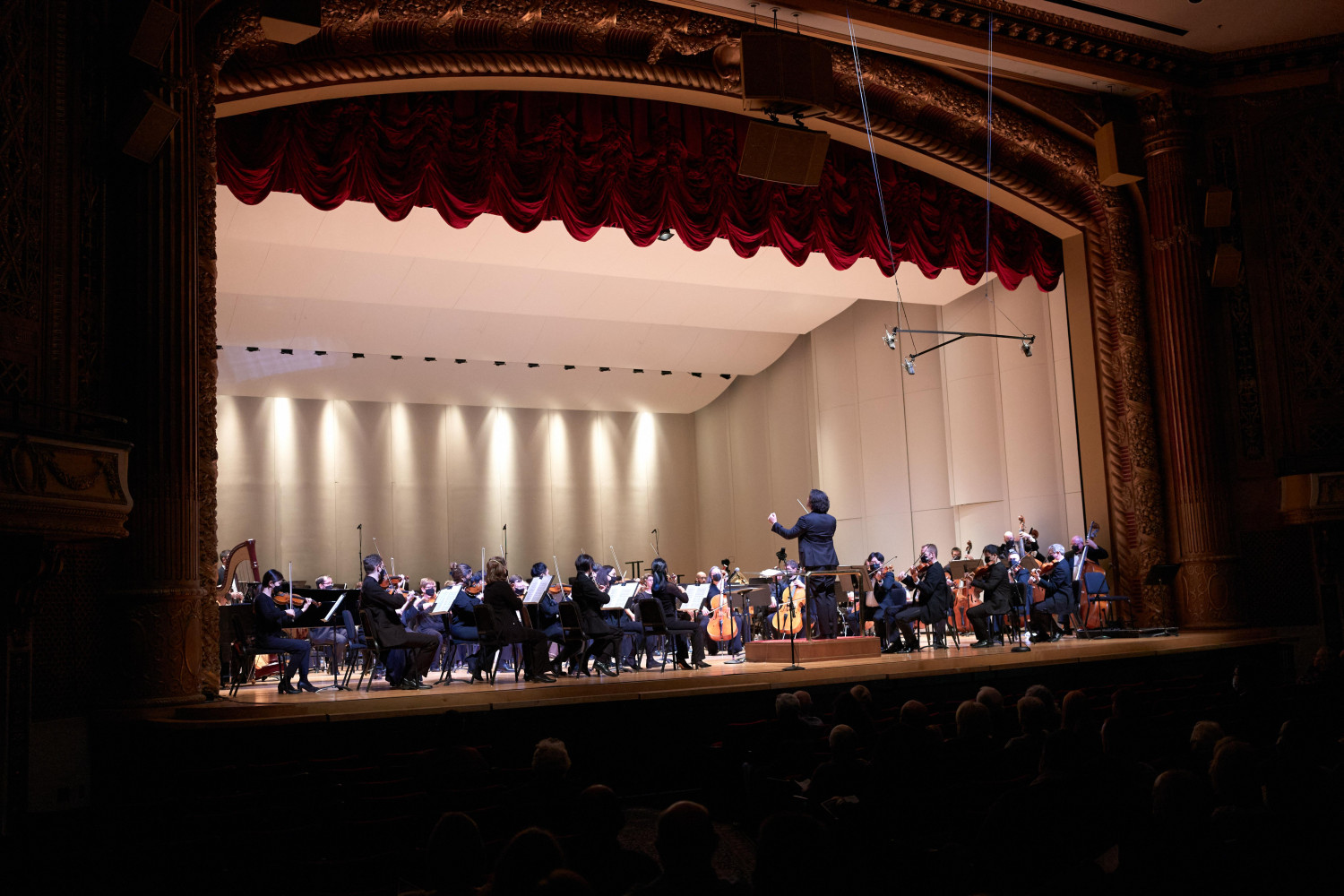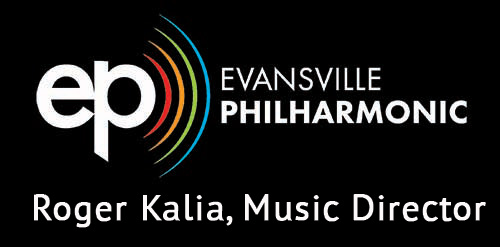
Questions & Answers About
Attending Our Performances
If you're reading this page, that means you're hopefully joining us soon for a concert, and we love that. We care a LOT about growing our audience and making sure people who are newer to classical music and/or orchestra concerts have a great experience so ultimately you come back again.
To further build your children's interest in classical music, play classical radio or CDs around the house. When they are old enough to sit quietly for an extended period, you may wish to bring them to the first half of a standard concert. An interested preteen or teenager could also have a marvelous time at an orchestra concert, particularly if it features several different pieces.
In all cases, it's a good idea to check with the orchestra directly about the appropriateness of the concert you plan to attend with your kids. Also ask about discounts for students and children.
Most concertgoers make a point of coming early to read the program notes, or just watch the orchestra warm up. The pre-concert talk with the Music Director during the Classics start at 6:15 PM before the 7 PM performance, is free to concert attendees, and lasts about 25 minutes, so you have time between the talk and concert to get a drink, use the restroom, mingle, etc. During the talk, Maestro covers topics such as why he programmed the particular pieces on that concert, things you should listen for during the performance, and information about the composer. Often, the soloist performing that date will join the talk for all or part, so you get to hear first-hand from the amazing artist you're going to see later in the evening.
And there's another good reason to come early: Our concerts start on time. If you're late, you may end up listening from the lobby! If that happens, the usher will allow you inside during a suitable pause in the program, so your arrival won't disturb other concertgoers. Unfortunately, some concerts have no late seating.
To confirm a particular concert's late seating policy, please call us at 812-425-5050. If you have to leave a concert before its end, please do so between program works.
Listening to music is also an intense activity (even if considerably less physical), and a break in the middle helps the audience concentrate better in the second half. Some concerts, though, have no intermission because it would interrupt the flow of a long work. Check the program before the concert so you know what's coming.
Most intermissions are fifteen to twenty minutes long, which gives you time to socialize with your companions, get a drink or a snack in the lobby, visit the facilities, or simply sit in your seat and read the program notes. Do whatever puts you in a good frame of mind to hear the second half of the concert.
You know yourself best, so if research interests you, go ahead and follow your curiosity. But if studying isn't your thing, there's no need to be concerned about it. Just listen with an open mind.
Open yourself up to the music. Let it trigger your emotions-maybe even your memories. Feel the rhythms; follow the tunes. Watch the musicians and the conductor, and see how they interact with each other. Notice how the music ebbs and flows-surging and powerful at some times, delicate and ephemeral at others, and everything in between.
It is also recommended that patrons refrain from using perfumes and colognes so as not to distract the patrons around you.
Whether or not you've heard the music before the concert, as you listen, you'll notice that each classical piece uses its own group of several tunes over and over, in different ways. You'll start to "recognize" these melodies as a work progresses. Listen for the ways a melody is repeated: Is it exactly the same as the first time, or with a different character? Is it played by the same instruments, or different ones? Does it start the same as before, but go off in a different direction? Or start differently and surprise you by developing into the tune you recognize from earlier in the piece?
But you might not need to "know" more to have a great time at your next concert. Most people who attend concerts frequently find that it's like any other passionate pursuit: The more you do it, the more you enjoy it. Most of the classical works you hear repay frequent listening: The more often you hear a piece, the more wonderful layers you hear in it. If you enjoyed your first concert, plan to come again!
Here are some links to web sites where you can look up composers and their works, buy recordings, and learn more about classical music:
NAXOS RECORDS
The Learning Zone of the Naxos Records web site has an introduction to classical music, biographies of composers, a glossary of musical terms, and an excellent guide to live-concert listening. You can also stream loads of classical pieces, so this is a great place to visit if you want to listen to a work a couple of times before you hear it in concert.
MUSIC FOR PURCHASE
The online store ArkivMusic.com has a very complete catalogue of classical recordings. So does Amazon.com.
FOR THE KIDS…
For kids who are learning to play instruments, FromTheTop.com offers a great resource, and access to public radio’s From The Top programs.
FOR CONTEMPORARY FANS…
If you like the very newest “classical” music, don’t miss NewMusicBox.org , a monthly web ‘zine about living composers and their works.
